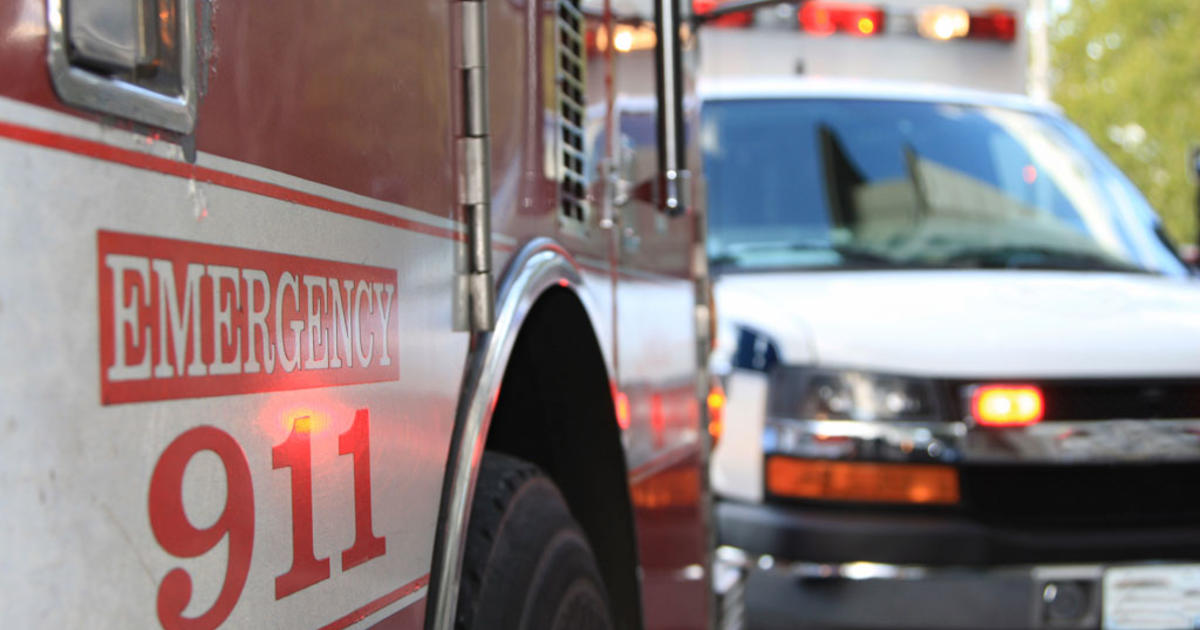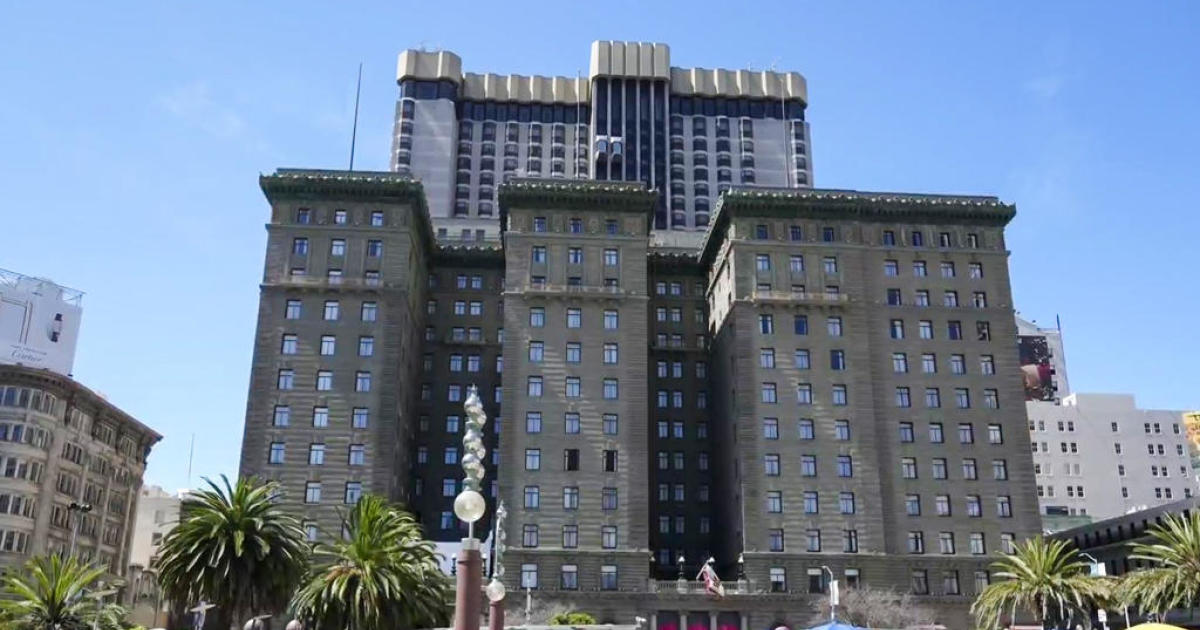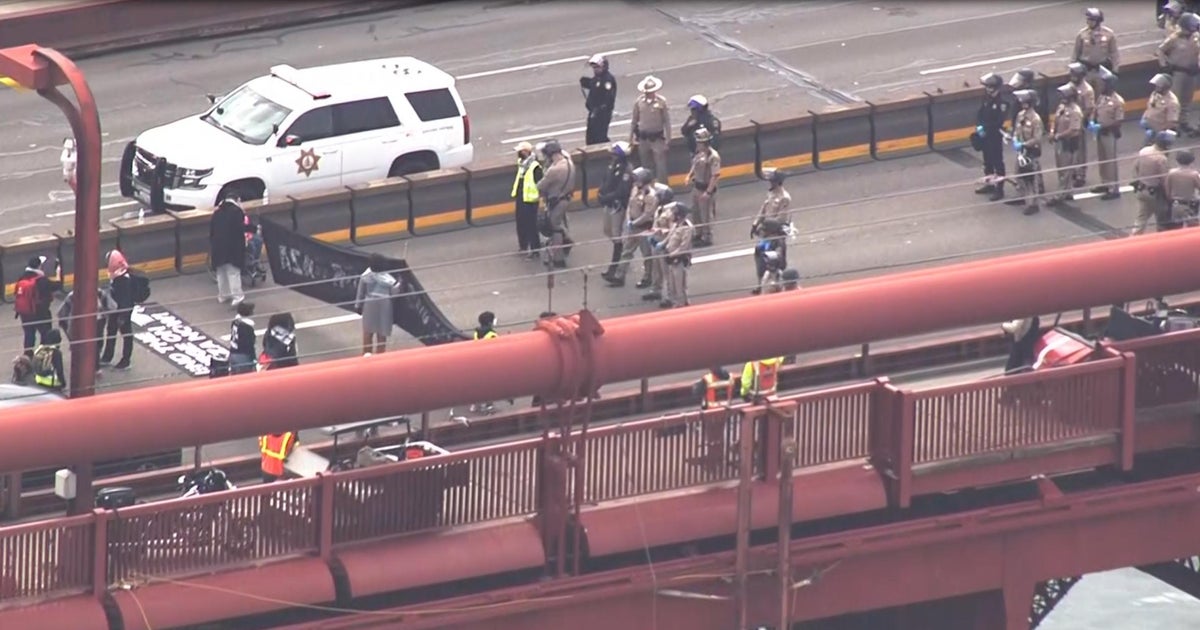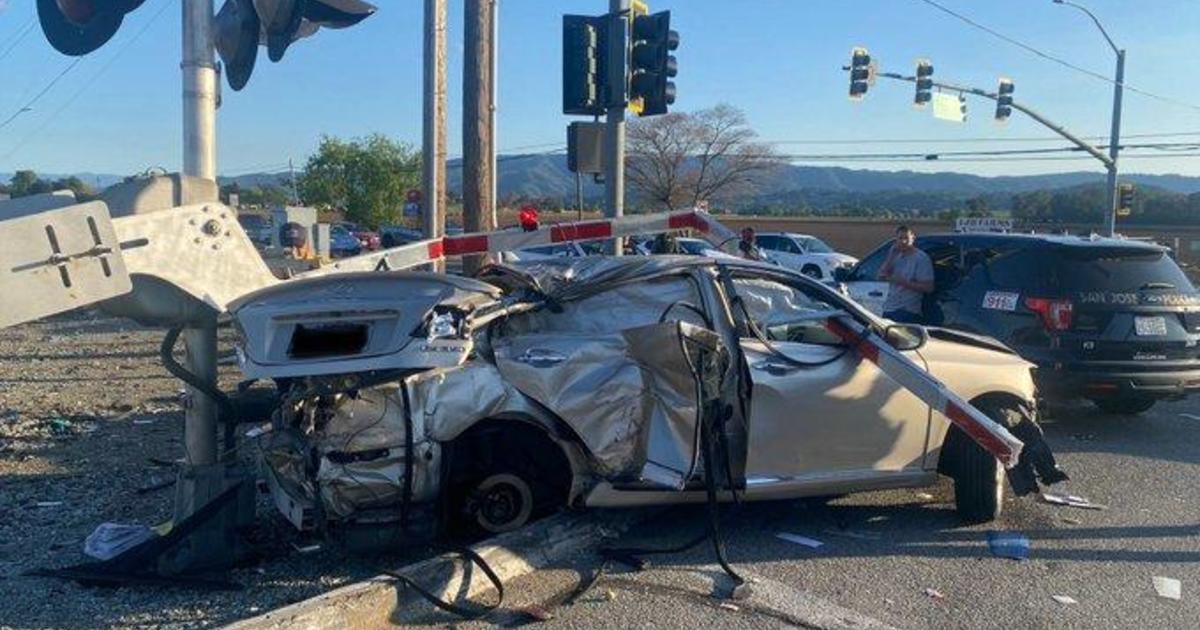Earthquake Lab Along San Andreas Fault May Shut Down Due To Lack Of Funding
PARKFIELD (KCBS) — A high-tech earthquake laboratory in the Central Valley used to study the San Andreas Fault, is in danger of shutting down as funding has dried up for the unique lab in Parkfield.
In a sleepy valley, the San Andreas Fault Observatory at Depth project monitors for shaking on the San Andreas Fault with instruments that operate two miles below the earth. Shortly after it began in 2002, the lab made waves by discovering how the fault sometimes slips or slides smoothly.
Earthquake Lab Along San Andreas Fault May Shut Down Due To Lack Of Funding
But despite renewed urgency about earthquakes in the state, the Parkfield lab lacks the expertise and the $3 million to $10 million needed to answer further questions, including how temblors start and stop, the determination of severity and the signals they send before striking.
RELATED: Scientists, Politicians To Meet At UC Berkeley To Discuss Early Earthquake Warning System
James Whitcomb, who heads the National Science Foundation's deep-earth processes section in Arlington, Virginia told the San Jose Mercury News that says it is no longer soliciting proposals for new experiments there.
"It is a difficult environment in which to work, putting dependable instruments in place down there," Whitcomb said.
Difficulties were encountered during the second half of the project which included installing a permanent observatory inside the borehole and then drilling a second hole. In addition to running out of money, they were met with serious an engineering challenge: how to keep sensitive equipment intact deep inside the Earth.
High-pressure water underground would seep into the instruments and destroy them within weeks.
Cliff Thurber, a seismologist from University of Wisconsin who organized support for the project in a letter signed by 36 scientists signed, said the uniqueness of the location make continuing research at the lab imperative.
"There is nowhere else in the world where you can have borehole instruments right next to an earthquake," he said.
The NSF expects to make a decision about project later this year.



